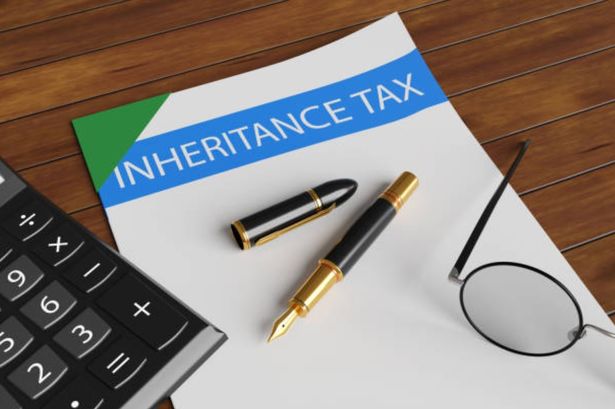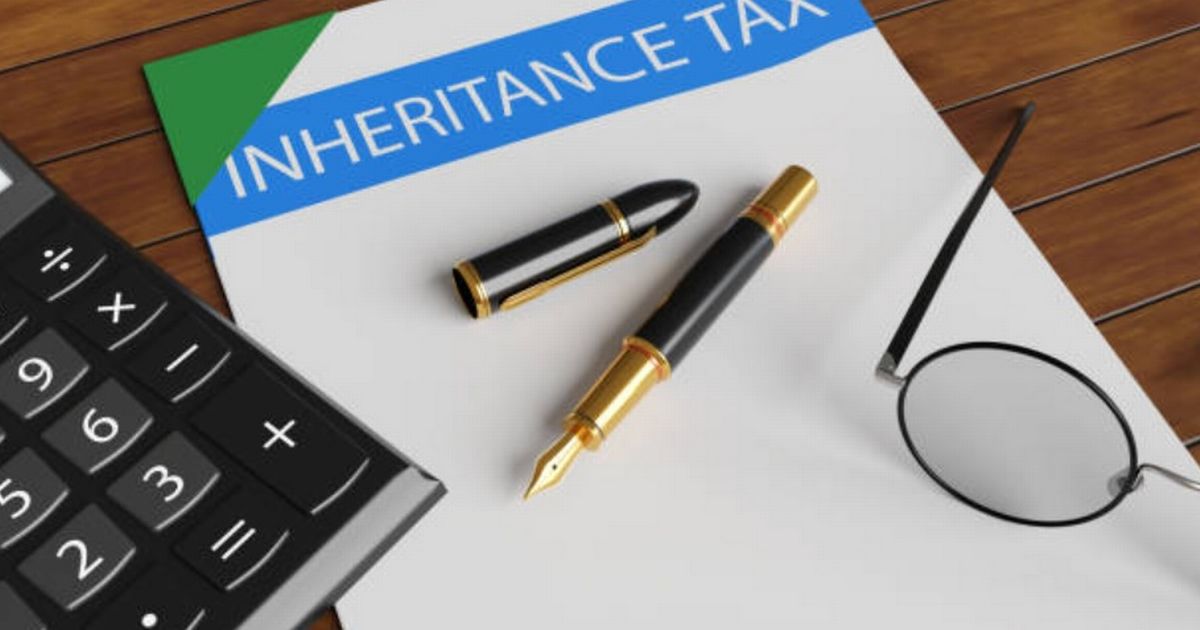This is Money reader wrote into Mail Plus, the Mail Online’s paywalled content platform, to request financial advice last week. This is Money reader wrote into Mail Plus, the Mail Online’s paywalled content platform, to request financial advice last week.
This is Money reader wrote into Mail Plus, the Mail Online’s paywalled content platform, to request financial advice last week.
A little-known loophole lets you gift your children more money without worrying about inheritance tax. One This is Money reader wrote into Mail Plus, the Mail Online’s paywalled content platform, to request financial advice last week.
They said: “My wife and I are worth more than the combined £1million inheritance tax threshold, thanks to our home, savings and investments – and soon our pensions.
“We want to make gifts to our adult children to try to avoid them getting taxed at 40 per cent on their inheritance in the future and are using the small annual gifting allowance to do this.
READ MORE State pensioners ‘caught off guard’ after becoming ‘casualty’ of HMRC
“We know there is an exemption on gifts above this that can also avoid the seven-year rule, as long as they are made out of surplus income.
“So, we would like to start gifting out of surplus income to our children.” In reply, Harvey Dorset, of This is Money, said gifting out of surplus income, officially known as ‘normal expenditure out of income’, allows money given away to immediately become free of inheritance tax and not be subject to the seven-year rule.
Sean McCann, chartered financial planner at NFU Mutual, replied: “Gifts out of normal expenditure’ is one of the most valuable but least known inheritance tax exemptions. For many it can play an important role in reducing the tax bill they leave behind.
“If the gifts made meet the rules, they are not included in the inheritance tax calculation, even if the person making them dies within seven years.
“To qualify, the gifts must be made from income on a regular basis as part of your ‘normal expenditure’ and you must be left with sufficient income to maintain your standard of living without having to revert to capital.
“There is no upper limit on the amount that can be given away using this exemption, it is dependent on the level of your income and your normal standard of living.
“Many use the exemption to make outright gifts, put money into trust, or invest in pensions for younger members of the family.”

